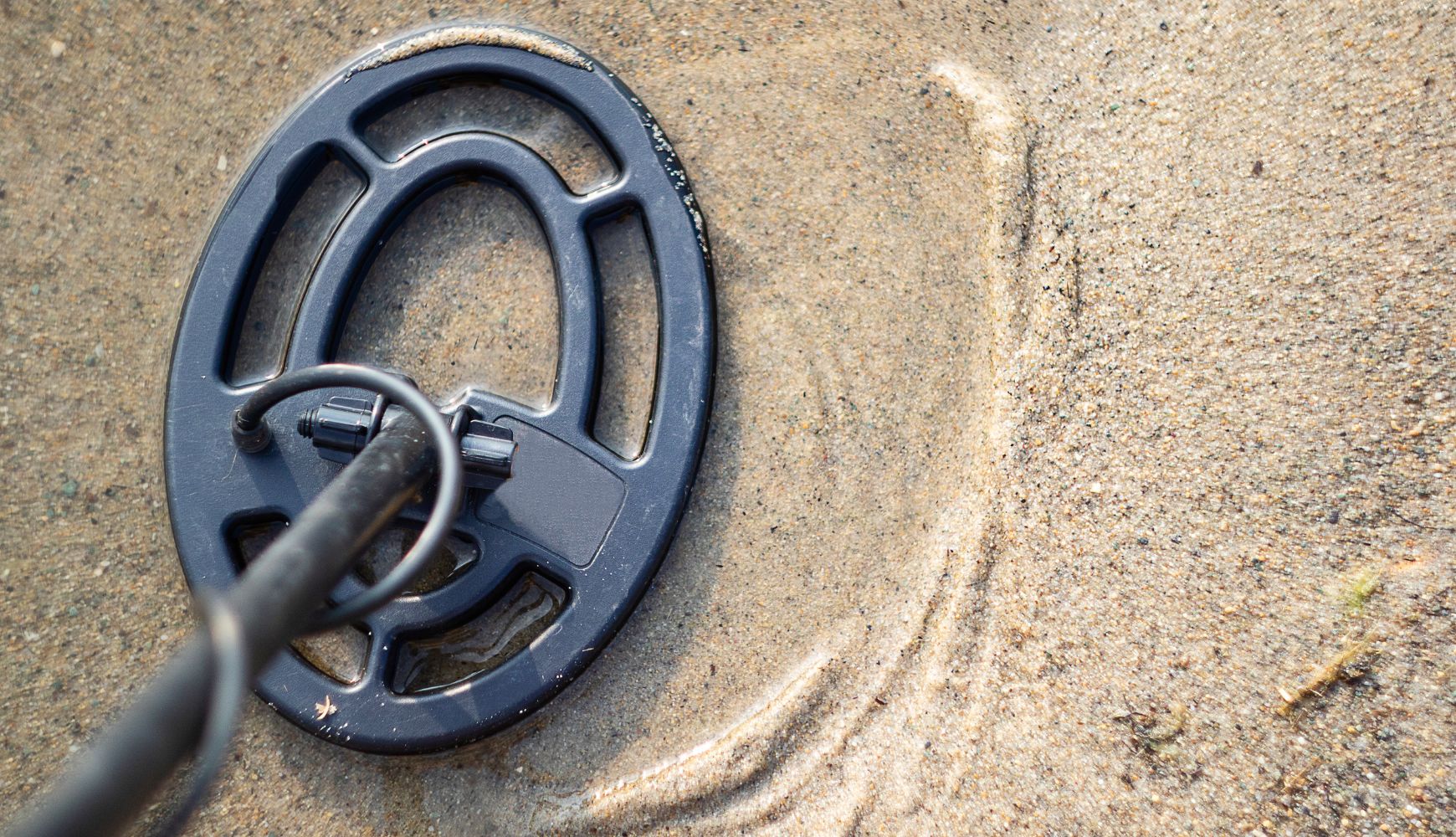
The Most Common Metal Detecting Mistakes To Avoid
If you’re looking for a hobby that’s easy to learn and intellectually stimulating, you should consider trying your hand at metal detecting. You don’t need lots of pricey equipment or niche skills to get started. There are plenty of beginner-friendly detectors at attractive price points that you can use to get familiar with the basics of metal detecting.
However, before you go out searching for buried treasures, you should learn about the most common mistakes that novice detectorists make. Avoid these blunders when you go metal detecting yourself, and you’ll set a strong, knowledgeable foundation for your newfound hobby.
Failing To Bring Adequate Equipment
When you start out in the metal detecting hobby, you may think a high-quality detector is all you need. And while it’s certainly the most important part of your detectorist’s toolkit, you’ll need to bring a few other items along to have a successful day.
Along with your metal detector, make sure you have the following equipment with you:
- An adequate digging implement for the ground you’re searching
- A pinpointer to help you locate small targets
- A finds bag to keep your metal treasures and relics secure
- Enough snacks and drinking water to keep you satiated while you’re out and about
- A backup battery for your metal detector
Swinging the Detector Too Hard
The excitement of searching for hidden metal treasures can inspire some detectorists to swing their detectors back and forth with gusto. However, that’s not the most effective method for scanning the ground. Plus, you can damage your detector if you swing it too hard and accidentally bash it into a tree trunk or a nearby rock.
Instead, move your metal detector’s coil in a slow, sustained figure-eight pattern. Give your detector’s sensors time to search the ground thoroughly before you move on to the next spot.
Setting Unrealistic Expectations
If you’re new to the world of metal detecting, your mind may be spinning with all the possibilities. What if you find a priceless antique wedding ring or a hidden cache of valuable old coins? Metal detecting can help you get rich, right?
The truth is that while detectorists have found valuable treasures buried in dirt and sand, the hobby is no replacement for a day job. Finding those neat relics takes time and patience; you’re unlikely to find thousands of dollars’ worth of coins and jewelry on your first day. The initial benefits of metal detecting are largely physical (you’re getting exercise and fresh air) and psychological (hunting for treasures is fun).
Using the Wrong Detector
Many novice detectorists believe that if they buy the most expensive metal detector on the market, they’ll have more luck finding buried relics. While the higher price points do correlate with extra features that can make detecting easier, you shouldn’t knock the beginner-friendly models until you’ve tried one!
Think of your first metal detector as an initial investment in the hobby. You’re not sure yet if this will prove to be your favorite pastime, so try not to drop thousands of dollars on equipment right at the start. Northwest Detector’s Nokta Makro metal detectors have plenty of customizable sensitivity settings and features that make them easy for beginners—and even kids—to use.
Trespassing
Metal detecting isn’t just a hobby for beachgoers; you can find buried relics in city parks, on historic church grounds, and under stadium bleachers, just to name a few examples. However, before you head out with your metal detector, don’t forget to look up local laws and regulations and secure permission to go ahead.
Often, detectorists don’t even realize they’re trespassing on private property until the owner asks them to leave. Avoid the embarrassment (and potential legal consequences) by researching your detecting grounds before you head out.
Pro Tip
When seeking permission to detect in places like churchyards and school grounds, don’t forget to ask if you can keep the relics you find.
Failing To Research Local History
Researching the places you want to visit with your metal detector is a good idea overall, not just to avoid trespassing. Detectorists who don’t look into their sites beforehand often find themselves digging up trash on the beach or finding pennies under stadium bleachers.
However, when you dedicate time to researching your local history, you can happen upon spots with old jewelry and antique coins buried underground! Put in the academic legwork before you go out detecting to increase your chances of finding something truly valuable.
Scrubbing the Patina From Old Coins
If you do unearth an old coin or metal artifact on your detecting expedition, it’ll likely have a greenish or brownish patina on it. You may feel tempted to polish that discoloration away, but hold off on the cleaning until you can take it to an antique expert for a closer look!
For some historic or antique coins, removing the patina decreases their value. Get a second opinion (and, ideally, a quote on its value) from someone familiar with old coins before you clean your find.
Turning Detecting Into a Chore
As we discussed before, metal detecting is a form of entertainment more than a source of income. You can certainly make some cash on the side selling your more valuable finds. However, avoid the temptation to turn it into a side hustle! Trying too hard to monetize a hobby can quickly begin to drain the joy from the experience.
If it’s raining out, you’re not feeling well, or your detector needs repairs, don’t push yourself to go out anyway. Prioritize fun over profit with your metal detector to keep the hobby relaxing and enjoyable.
Whether you’re totally new to the metal detecting hobby or are brushing up on best practices, remember to avoid these common mistakes on your detecting expeditions. Use your metal detector carefully and legally. Also, focus on having fun and soaking in your surroundings to get the most out of the activity. Now, you’re ready to get out there. If this guide has reminded you to shop for detecting equipment, take a moment to browse all the tools that Northwest Detector Sales has to offer.


